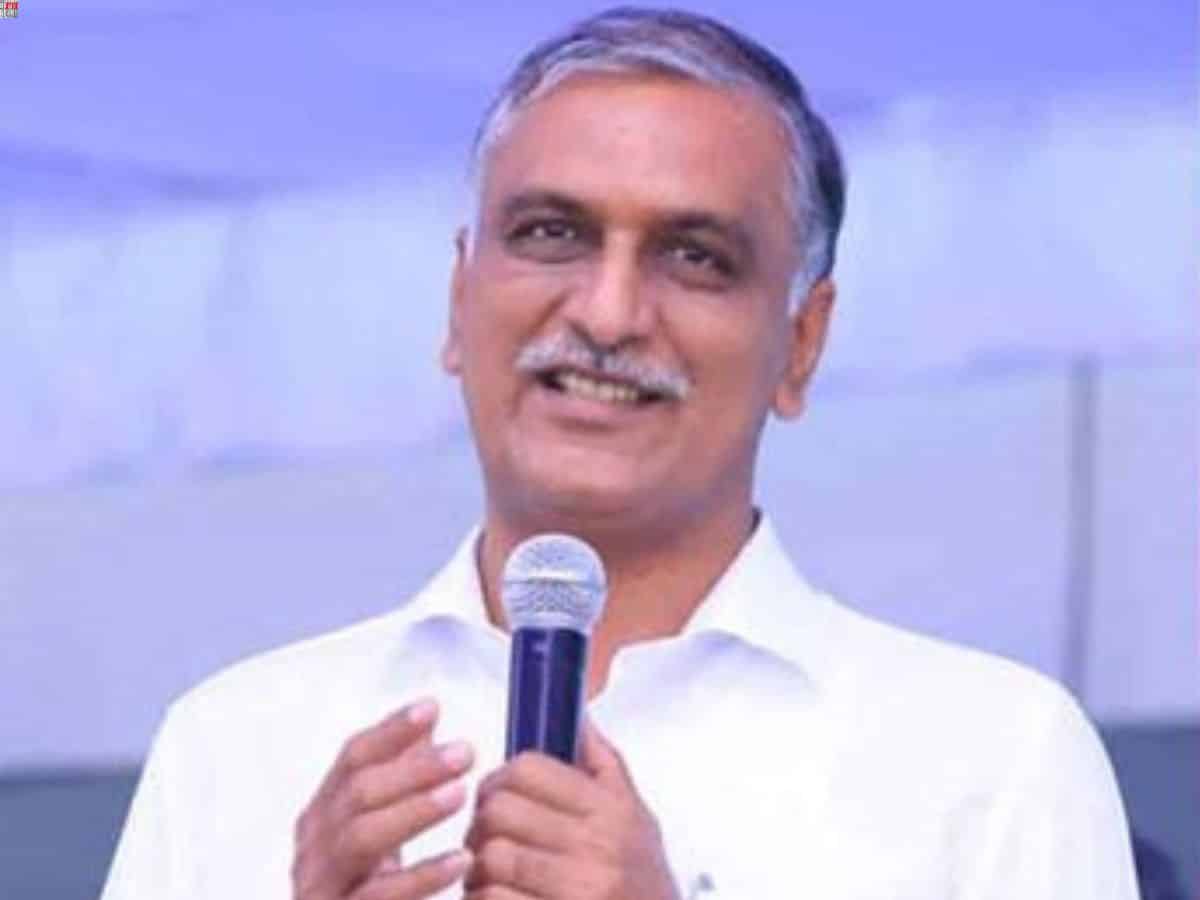
Hyderabad: Telangana health minister Harish Rao acknowledged that diseases like Malaria and Dengue which were once widespread during the rainy season have decline notably.
He attributed the decline to the successful implementation of state government’s initiatives, including Palle Pragathi, Patana Pragathi, and Mission Bhagiratha.
“These programs have significantly improved environmental cleanliness across the state, leading to a reduction in seasonal diseases,” said Harish Rao.
Harish Rao convened a crucial review meeting with top officials of the health department to assess the current situation of seasonal diseases in the state.
During his virtual meeting, the minister highlighted that there has been a notable decrease in the number of reported dengue cases, with 7,988 cases last year compared to 5,263 cases during the same period this year.
However, recent statistics from the health department reveal a slight uptick in fever cases over the past week and ten days, likely due to changing weather patterns.
Emphasizing the importance of increased vigilance to prevent any further escalation, the minister said that there is no cause for panic regarding malaria and dengue cases but it is essential to stay alert.
Furthermore, individuals experiencing fever symptoms were advised to seek medical attention at the nearest government hospital and undergo blood tests as per their doctor’s recommendations.
“Medications required for treating seasonal diseases like dengue and malaria are readily available in all hospitals, starting from Palle Dawakhanas,” underlined the minister.
Recognizing the significance of early testing and treatment for dengue and malaria, Harish Rao called for the availability of NS1 kits, IgM kits, and malaria RDT kits.
Currently, there are 1,099 NS1 kits, 992 IgM kits, and a total of 7,06,000 malaria RDT kits in stock. The minister directed the TSMSIDC to ensure that there are no shortages.
Harish Rao also emphasized the need to admit and treat patients coming from remote areas, even with mild symptoms.
“Special attention should be given to the health of pregnant women and children, and necessary tests should be conducted for viral fever cases. Complicated cases should be identified and transferred to main hospitals for treatment,” said Harish Rao.
Pledging that the Health Department is committed to preventing any patient deaths due to malaria and dengue, Harish Rao called on the public to take responsibility by maintaining clean surroundings and ensuring there is no mosquito breeding.
“Cooperation with Panchayat, Municipal departments, local organizations, and public representatives, along with District Collectors, is vital to this effort,” added the minister.
“District medical officials were tasked with raising public awareness about seasonal diseases and government hospital preparedness through the media. They are also responsible for reporting any surge in cases to higher authorities promptly,” said Harish Rao.
Furthermore, minister Harish Rao expressed dissatisfaction with the performance of wellness centers. He stressed that the government’s intent in establishing wellness centers was to provide excellent medical services to employees and journalists.
Expecting timely exam results, adherence to schedules by doctors, the health minister directed the CEO of Arogyasree to conduct thorough examinations of all wellness centers and the medical services they provide.
This review meeting, conducted via Zoom, was attended by Health Secretary Rizvi, DPH Srinivasa Rao, DME Ramesh Reddy, TVVP Commissioner Ajay Kumar, all District DMHOs, DCHs, Teaching Hospitals, Superintendents of District Hospitals, Program Officers, and other relevant officials.
